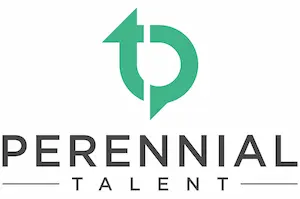How to Check References
Are you looking for guidance on how to check references? A reference check during the hiring process is a great way to verify the accuracy of information provided by the candidate throughout the process. It also allows you to assess the candidate’s specific skills or competencies and to identify potential areas that may need development during onboarding.
Tips for Checking a Candidate’s References
It is best to use a structured reference check. Focus on these three criteria for how to check references.
Job Related:
Questions should relate to the specific requirements of the job which makes them a more useful predictor of success on the job. For example, if you were hiring someone for a sales position, you may ask the referee to describe examples of specific behaviours (e.g., presentation skills, prospecting, negotiation) they have observed the candidate demonstrating that relate directly to the requirements of the job.
Focus on Behaviours:
Allow the referee to provide examples of times they have observed the candidate perform the behaviours as opposed to providing just their opinion of the candidate which may or may not be biased. For example, if the competency of continuous learning is important for success on the job, you can ask the referee to describe a time when the candidate demonstrated a commitment to learning something new. Much like a structured interview, these questions can be rated using a standard scale with defined behavioural examples or anchors of what successful behaviours would look like.
Legally Defensible:
A structured and standardized approach is more likely to comply with the legal requirements for hiring. You will want to ensure that all questions focus on the requirements of the job that the candidate is being considered for. It is also best to avoid asking questions that relate to prohibited topics (e.g., is the candidate married, etc.).
A reference check can be a great hiring tool when you follow the criteria outlined above. Want to see how your hiring tools measure up to current hiring best practices? Explore our hiring check-up to learn more


